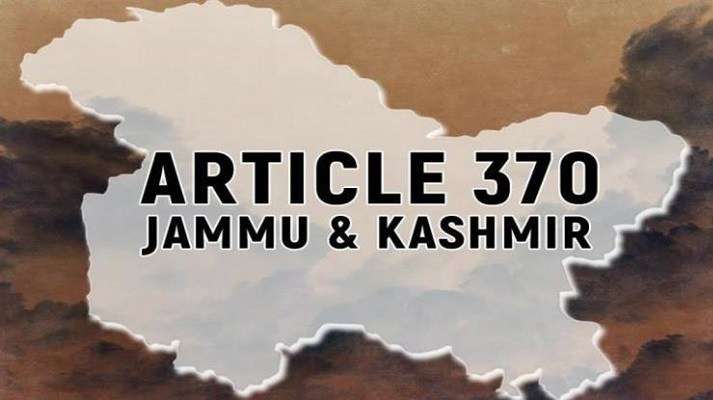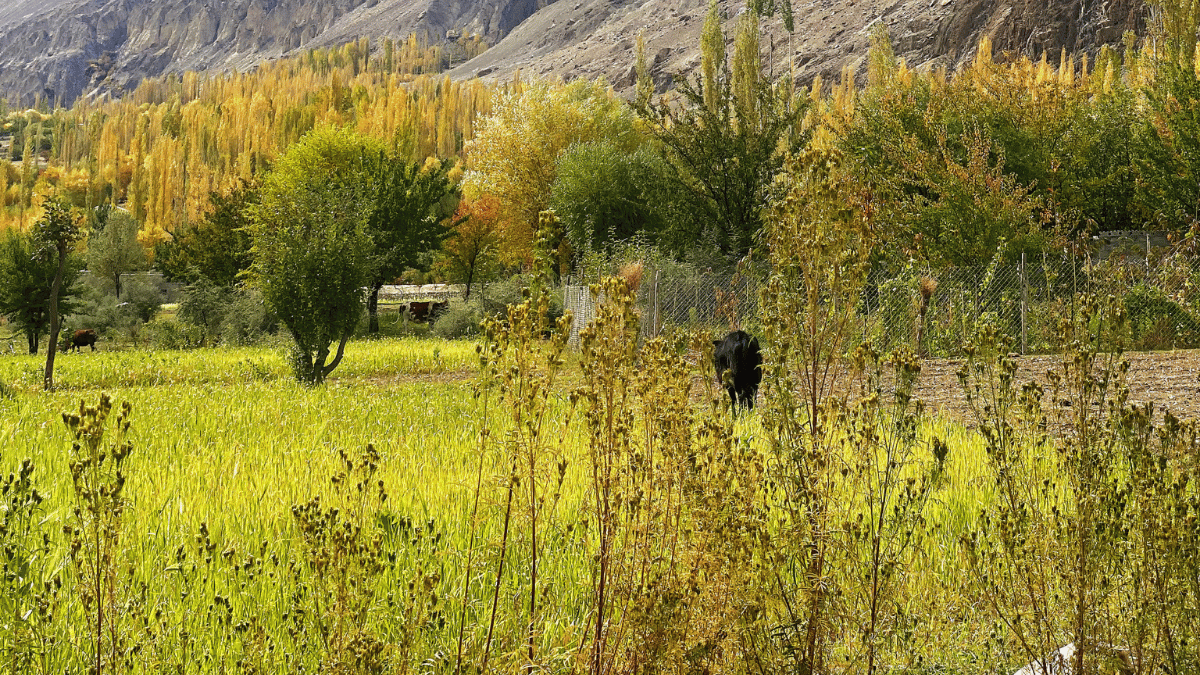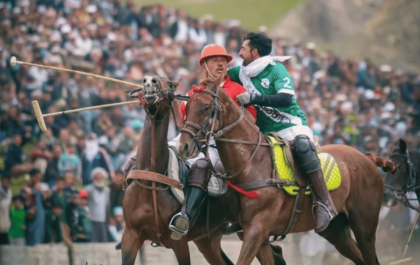The constitutional changes by regime of Modi in august 2019, agitated the Muslims of Kashmir on both sides of line of control. To suppressed the voice of people of Kashmir a new chain of massacre has set out and the Kashmir issue entered a new era. Here, it is immense important to understand that, how does the eradication of article 370 from the constitution of India affect the status of Kashmir? What is the historical background of article 370? And what did it actually contain. These questions are needed to be answered, in order to, understand the new status of Jammu and Kashmir.

When we go back to history, on 26 October 1947, an instrument of accession was signed between the Government of India and the ruler of Kashmir, Hari Singh. Wherein, the government of India was bound to make special provisions for Jammu and Kashmir. In the light of this instrument, the Indian government in 1949, incorporated article 370 in the newly framed Constitution of India. Initially, this article was a temporary provision, could be removed any time by presidential order with the consent of constituent assembly of Jammu and Kashmir. This article authorized the president of India to bring any presidential order after consulting with the constituent assembly of Jammu and Kashmir. In a nut shell, if any change was to made in this Article by any presidential order, it was mandatory to acquire the consent of constituent assembly of Jammu and Kashmir.
In 1954, a presidential order was brought by the president of India under the article 370, which incorporated article 35A in the constitution of India and also gave a separate constitution to Jammu and Kashmir. Article 35A defined the permanent residents of Jammu and Kashmir and gave them special privileges in different fields. Under this article only those people are permanent residents of the Jammu and Kashmir who came there ten years prior to 1954. The privileges mentioned in article 35A included right to vote for legislature of Jammu and Kashmir, only permanent residents could own immovable property, right to get government jobs and scholarships in various educational institutions. In other words, those who came to Jammu and Kashmir after 1944 were not given any of such rights. From the nature of article 35A it is very obvious that it had hampered demographic changes in the disputed territory.
After the incorporation of Article 35A in the Indian constitution in 1957, the constituent assembly of Jammu and Kashmir was dissolved. It was an interesting event, the name “constituent assembly” was written in the article 367 of Indian constitution which was an interpretation of article 370.
Soon after the dissolution of constituent assembly of Jammu and Kashmir, in India the Hindues set out to criticized the provisions of article 35A. They opted the view that, it was a sheer discrimination against those people who were migrated to Jammu and Kashmir from other regions because according to article 35A they were not permanent residents of Jammu and Kashmir. As a result, they were deprived from all those privileges which were given to permanent residents. In order to, remove article 370 and 35A from Indian constitution many cases were filed in Higher courts of India but they could not succeed to eradicate these articles.

It was due to the fact that, any change in these two articles could only be made by a presidential order with the consent of constituent assembly of Jammu and Kashmir but the dissolution of constituent assembly in 1957, could not make it possible to remove these articles from the constitution of India.
In May 2019, when the government of BJP backed by RSS, came into power in India, amended the article 367 of Indian constitution and removed the name “constituent assembly” from article 367. The change in article 367 paved the way for further changes in article 370. At last, on 5th august 2019 article 370 was made inoperative by a presidential order, which was superseding the presidential order of 1954. This superseding presidential order of 2019 resulted in, invalidation of article 35A, Which was incorporated in Indian constitution under the presidential order of 1954.
Now here, it can be concluded that the invalidation of article 370 led to invalidation of Article 35A, which resultantly put an end to the special status of Jammu and Kashmir.







good